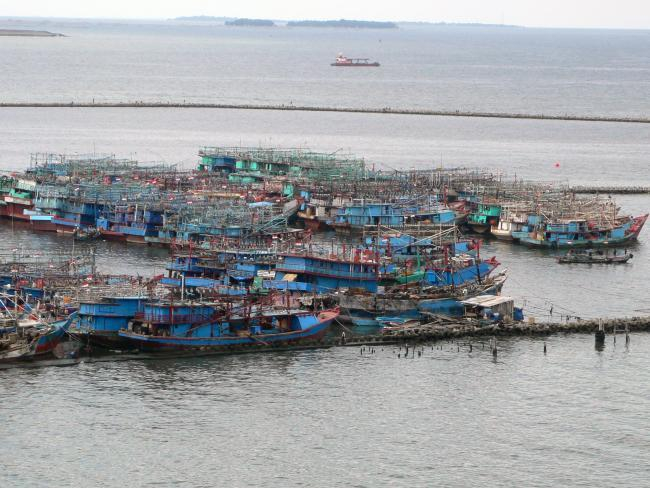EMERSA (Epistemic Mobilities and the Governance of Environmental Risks in Island Southeast Asia) is a project funded by the German Science Association/Deutsche Forschungsgemeinschaft (DFG)´s SPP 1889 Sea Level Change and Society initiative (Work Program C). It is implemented by the Leibniz-Centre for Tropical Marine Research, Bremen and the Sustainability Research Center (artec) at the University of Bremen.
The study explores how policy interventions and social practices, together with standardized ‘recipes’ and solutions for living with the effects of sea level change in coastal megacities that are often advocated by states, international donors, and civil society organizations are taken up, contextually translated, politically legitimized and at times re-circulated internationally by local actors.
By analyzing coastal megacities as laboratories for anticipatory un/re-learning for risk governance, the project contributes to new currents in transformation research and practice. It does so by exploring how diverse socio-natural knowledges and epistemologies (i.e. ways of sense-making and place-making), together with material infrastructures shape localized forms of perceiving and living with coastal change.
The interdisciplinary study combines several core conceptual and thematic currents crosscutting the sociology of knowledge, human geography, urban planning, coastal anthropology, Asia Pacific Studies, and political ecology.
Objective
To study patterns of epistemic (im-)mobilities related to sea level change and the contestation processes that define them in and between Jakarta, Metro Manila and Singapore in archipelagic Southeast Asia.
Research Question
How are standardized policies and practices for living with ‘sea change’ communicated, translated, and recirculated between local and regional contexts, through trajectories of political legitimisation, and for anticipatory social learning?
Conceptual framework
- Traveling models and policy mobilities (Behrends et al., 2014; Rottenburg, 1996; McCann, 2013);
- Communicative and Discursive Constructivism (Knoblauch, 1995; Reichertz, 2010);
- Urban translational practices (Pahl-Wostl, 2009; McFarlane, 2011).
Methodology
Framework: The Sociology of Knowledge Approach to Discourse (SKAD) by Reiner Keller (2001, 2005, 2011a, 2011b);
Ethnographic methods: participant observation, in-depth interviews, and community transect walking.
The project advances two key conceptual and methodological lines for future mobilities research: a) mid-range concept development on “epistemic im/mobilities”; b) co-developing a “follow-the-moving target” methodology.
Coordination at the artec Prof. Dr. Michael Flitner
Project Partners (Germany) |
International Project Partners | |
|---|---|---|
|
Leibniz Centre for Tropical Marine Research (ZMT), Bemen Sustainability Research Center (artec), University of Bremen |
Indonesia Research Center for Urban and Regional Studies, Universitas Indonesia Philippines Department of Asia Pacific Studies, University of Asia and the Pacific, Philippines Singapore |





